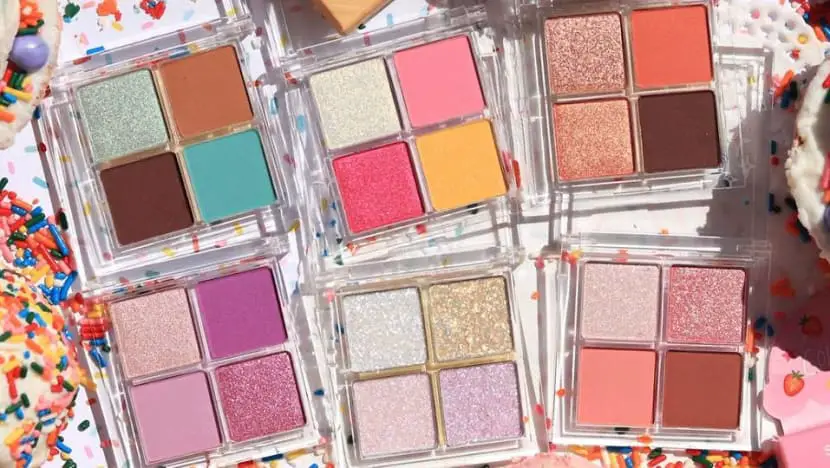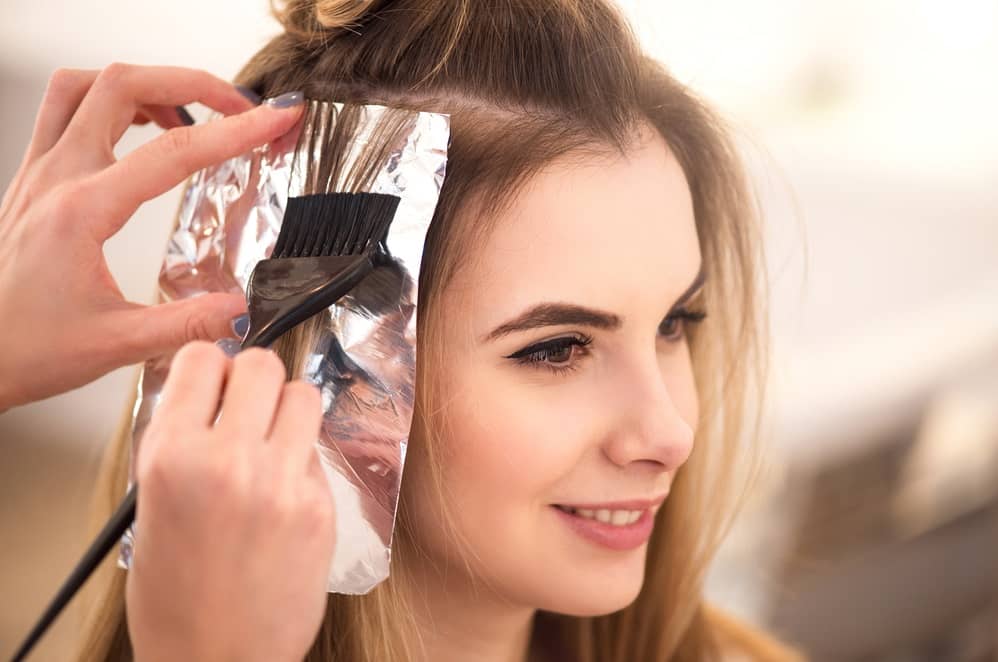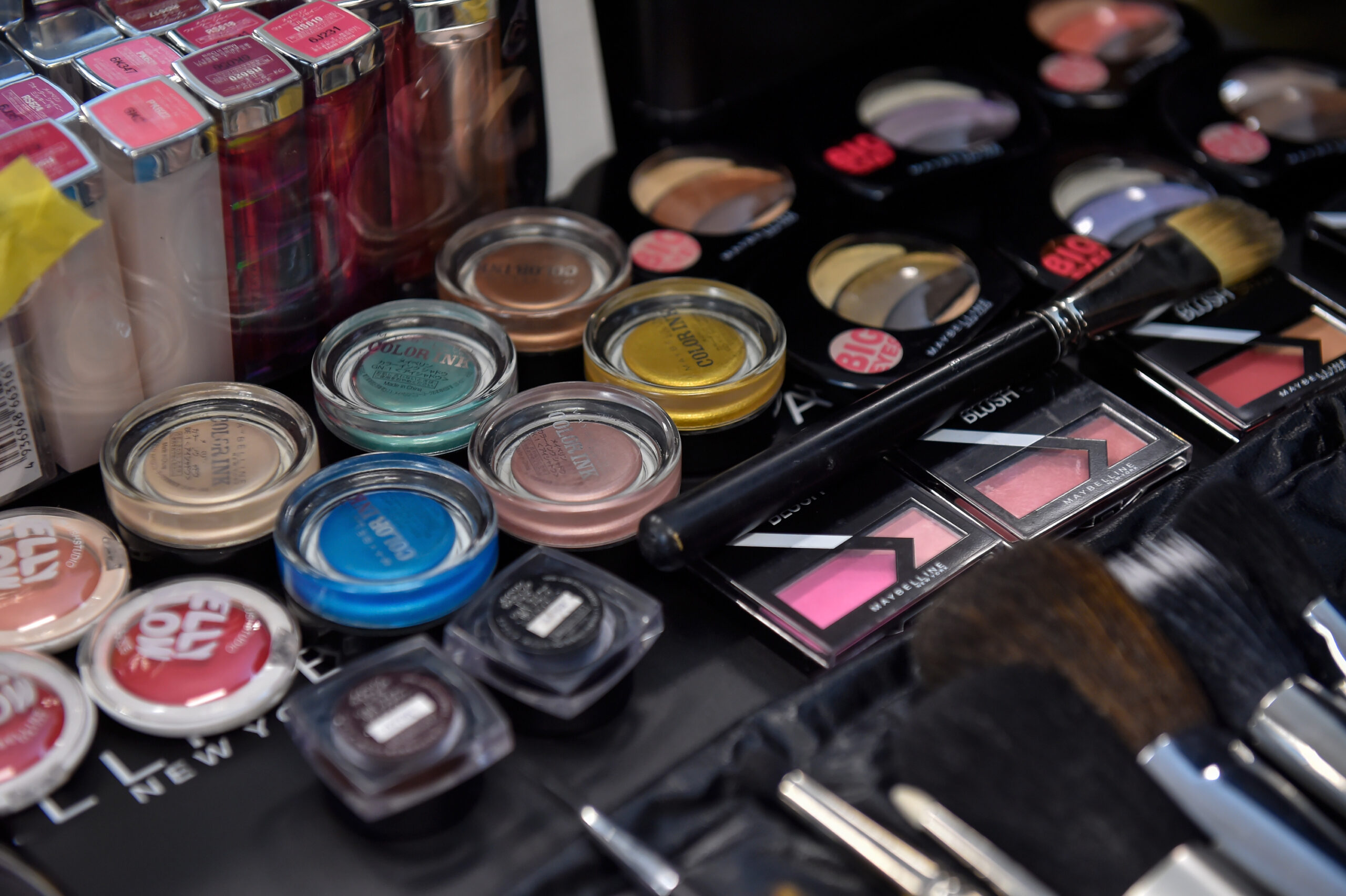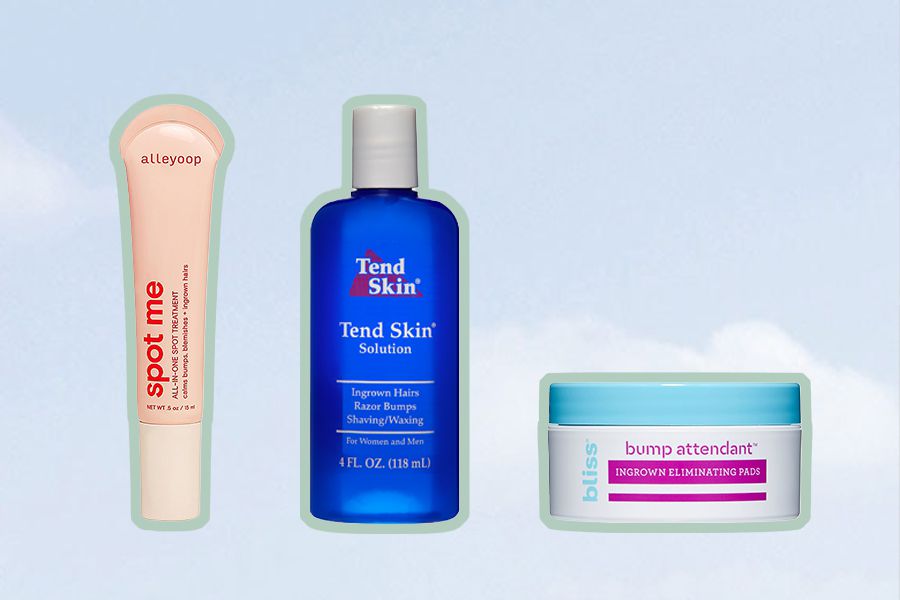When it comes to beard grooming and care, many of us have wondered why some beard hairs seem thicker and coarser than others. This seemingly simple question has a variety of interesting answers that delve into biology, genetics, and even personal grooming habits. Here’s a closer look at why beard hairs differ in thickness and what you can do about it.
1. Genetics Play a Major Role
The thickness of your beard hairs is largely influenced by genetics. Just as your genetic makeup determines your height, eye color, and other physical traits, it also plays a key role in determining the characteristics of your beard. If your family has a history of thick, robust beards, there’s a good chance you might inherit similar traits. On the other hand, if thinner or patchy beards run in the family, you might experience the same.
2. Hormones and Their Impact
Hormones, particularly testosterone and its derivative dihydrotestosterone (DHT), have a significant impact on beard growth and hair thickness. Testosterone stimulates hair follicles, and higher levels often correlate with thicker, more robust beard hairs. During puberty and young adulthood, testosterone levels are typically at their peak, leading to fuller beard growth. As you age, these levels can fluctuate, affecting hair thickness and overall beard density.
3. Hair Follicle Variability
Each hair follicle on your face can produce hairs of different thicknesses. This variability can be attributed to the genetic predisposition of the follicle, as well as the location on the face. For example, beard hairs on the cheeks may be finer than those on the chin or jawline. Follicles in different areas of the face have distinct growth patterns and densities, contributing to the uneven appearance of beard thickness.
4. Nutritional Factors
Your diet can also influence beard hair thickness. A well-balanced diet rich in vitamins and minerals, such as vitamins A, C, D, and E, as well as biotin, zinc, and iron, supports healthy hair growth. Deficiencies in these nutrients can lead to weaker, thinner beard hairs. Ensuring you have a nutrient-rich diet can help improve the overall health and appearance of your beard.
5. Grooming and Care
How you care for your beard can affect the thickness of individual hairs. Regular grooming practices, such as trimming and using beard oils, can help maintain healthy hair. Beard oils often contain ingredients like argan oil or jojoba oil, which moisturize and condition the hair, making it appear fuller and less brittle. On the other hand, neglecting beard care can lead to dryness and split ends, which might make hairs look thinner.
6. Age and Hair Growth Cycles
As you age, your beard undergoes various changes. The growth cycle of hair includes phases like anagen (growth), catagen (transitional), and telogen (resting). Older individuals might experience a shift in these cycles, resulting in hairs that are finer or more prone to falling out. Regular maintenance and patience are key to managing these natural changes.
7. Health Conditions
Certain health conditions can also affect hair thickness. Conditions such as alopecia or hormonal imbalances can lead to uneven beard growth or changes in hair texture. If you notice significant changes in your beard that you can’t attribute to the usual factors, it might be worth consulting a healthcare professional to rule out any underlying issues.
In Conclusion
The thickness of beard hairs is a multifaceted issue influenced by genetics, hormones, nutrition, grooming practices, age, and overall health. Understanding these factors can help you better manage your beard and potentially enhance its appearance. While you might not be able to change your genetic makeup, you can certainly take steps to improve the health and care of your beard, making it look its best. So, embrace your unique beard and take pride in its distinct characteristics!








